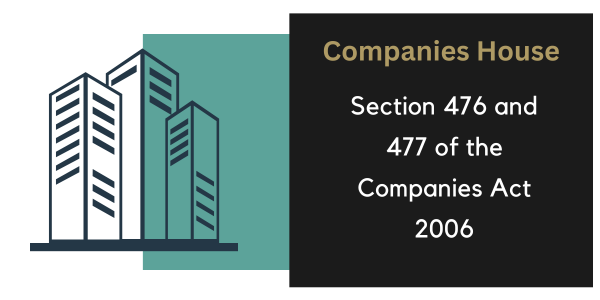Annual Tax on Enveloped Dwellings: property revaluations at 1 April 2017
The Annual Tax on Enveloped Dwellings (ATED) is an annual tax payable mainly by companies that own UK residential property valued at more than £500,000.
You’ll need to complete an ATED return if your property:
-
is a dwelling
-
is in the UK
is owned completely or partly by a:
-
company
-
partnership where one of the partners is a company
-
collective investment scheme – for example a unit trust or an open ended investment vehicle
-
-
was valued at more than £500,000 on 1 April 2012, or at acquisition if later, for returns from 2017 to 2018
Your property will be a dwelling if all or part of it is used, or could be used as a residence, for example a house or flat. It includes any gardens, grounds and buildings within them. Some properties aren’t classed as dwellings, such as hotels, student halls of residence and care homes.
When ATED was introduced in April 2013, owners of ATED properties had to obtain a valuation of the property as at 1 April 2012, with revaluations taking place every five years. This means that ATED properties now need to be revalued as at 1 April 2017.
While the new valuation does not need to be inserted onto a return until the period beginning on 1 April 2018, it is easier to consider the 1 April 2017 valuation now, rather than at a later date.
Value your property
To work out what you need to pay you’ll need to value your property. You can work out the value yourself or you can use a professional such as an estate agent, surveyor or other professional. Valuations must be at market value and undervaluation resulting in an underpayment of tax may result in interest and penalties as well.
Submit your return
ATED returns must only be submitted on or after 1 April in any chargeable period, and must be submitted to the Revenue by the 30 April. ATED returns are completed in advance, with returns for the year 2017/18 being due by 30 April 2017.
You can use HM Revenue & Custom’s ATED online service to submit your return and to appoint an agent to act on your behalf. If you’re unable to use the new ATED online service, you can still access the old ATED return or the Relief Declaration Return, but these are due to be decommissioned at some point.
What you need to pay
The amount you’ll need to pay is worked out using a banding system based on the value of your property.
Chargeable amounts for 1 April 2017 to 31 March 2018
|
Property value |
Annual charge |
|---|---|
|
More than £500,000 but not more than £1 million |
£3,500 |
|
More than £1 million but not more than £2 million |
£7,050 |
|
More than £2 million but not more than £5 million |
£23,550 |
|
More than £5 million but not more than £10 million |
£54,950 |
|
More than £10 million but not more than £20 million |
£110,100 |
|
More than £20 million |
£220,350 |
If you sell your property you may also have to pay ATED-related Capital Gains Tax.
Reliefs you can claim
There are a number of reliefs that eliminate the ATED charge such as where the property is;
-
let to a third party on a commercial basis and isn’t, at any time, occupied (or available for occupation) by anyone connected with the owner
-
open to the public for at least 28 days a year
-
being developed for resale by a property developer
-
owned by a property trader as the stock of the business for the sole purpose of resale
-
accommodation to certain qualifying employees
-
a farmhouse occupied by a farm worker or a former long-serving farm worker
-
owned by a registered provider of social housing
While there are a number of reliefs that eliminate the ATED charge, a relief declaration return also needs to be filed by 30 April 2017, even though there is no tax due; and penalties are charged in cases where a relief declaration return is filed late.
For more information on ATED and the completion of ATED returns, please contact your local Perrys branch.
Article written by Donna McCreadie





